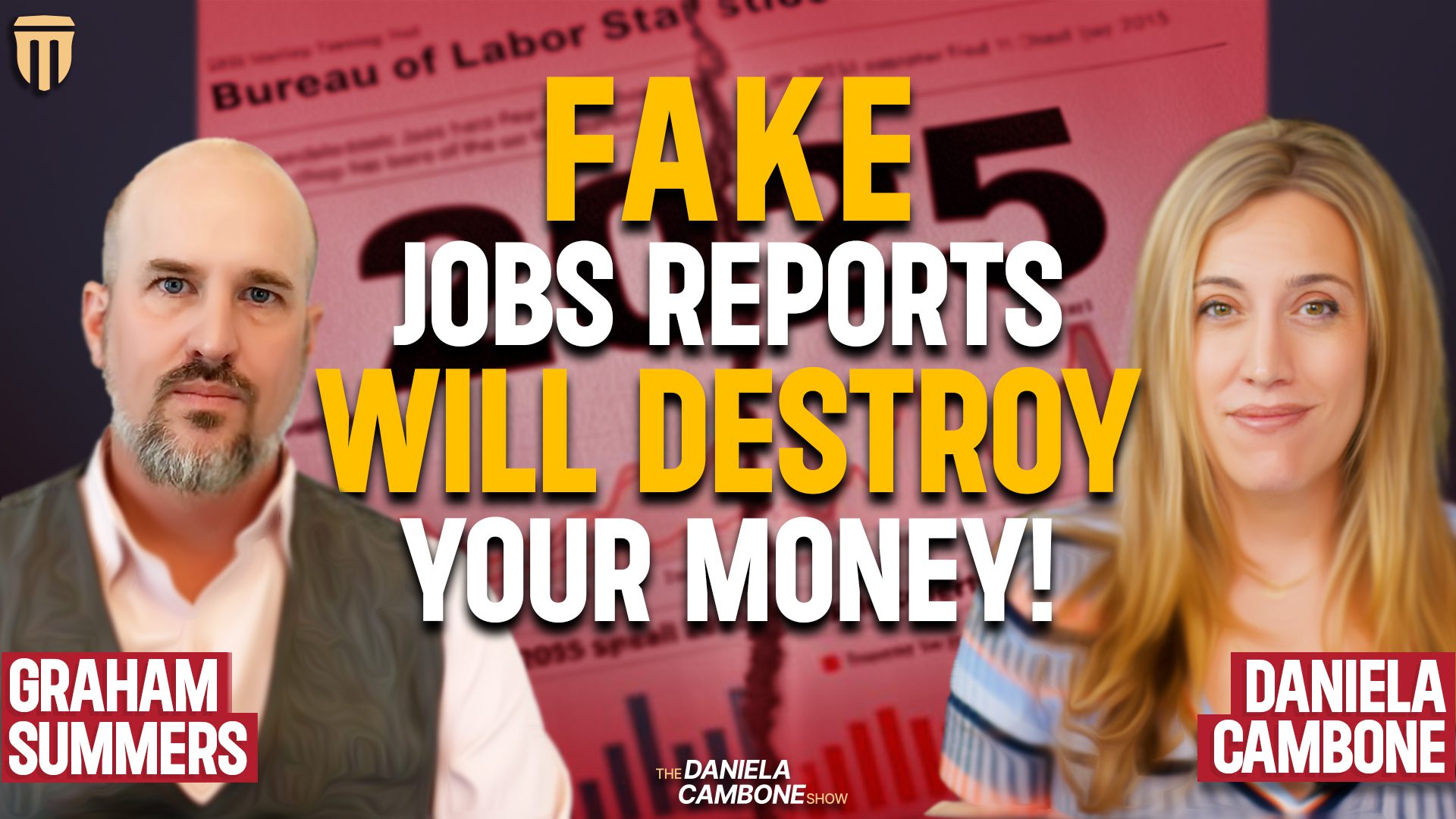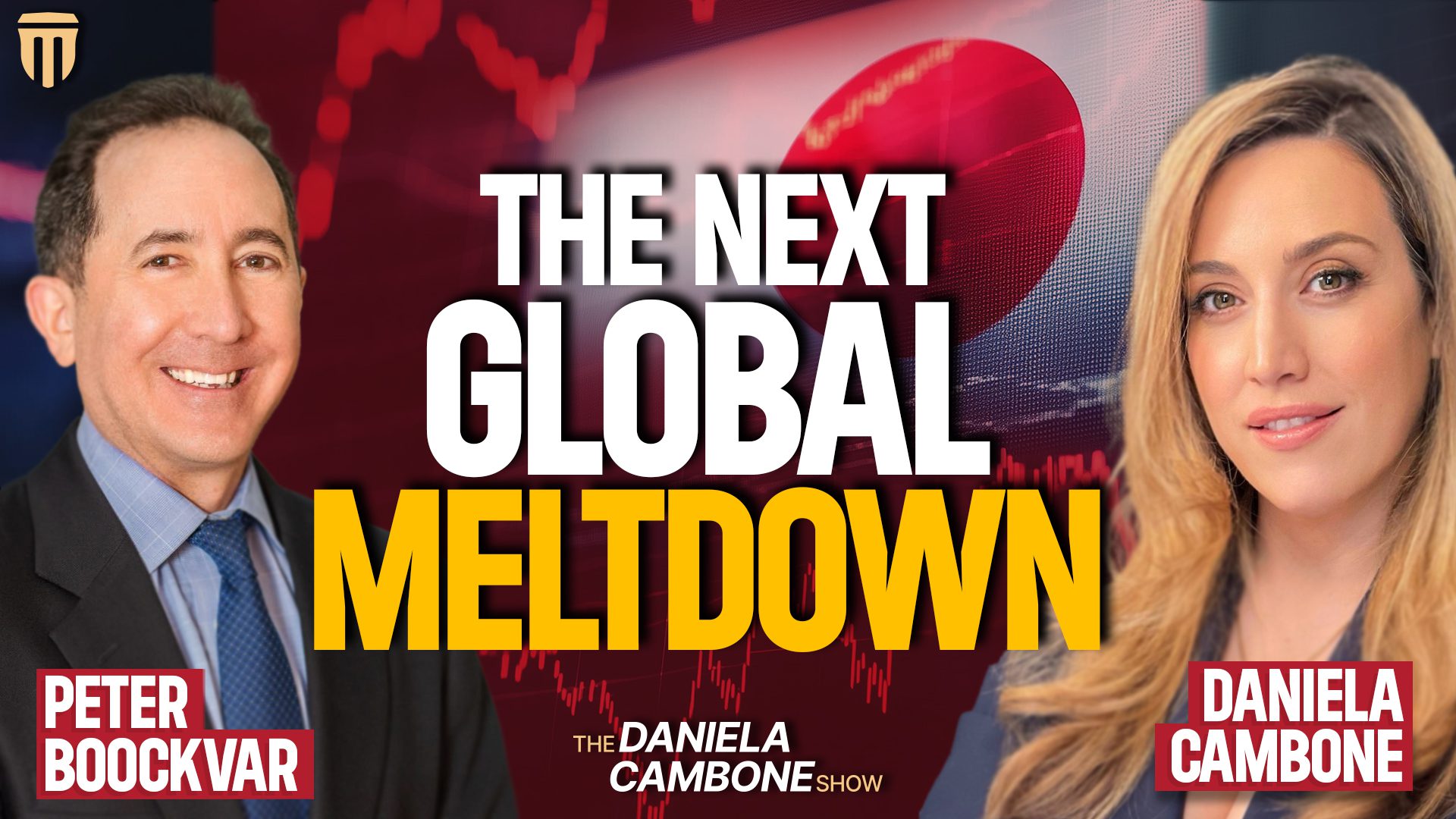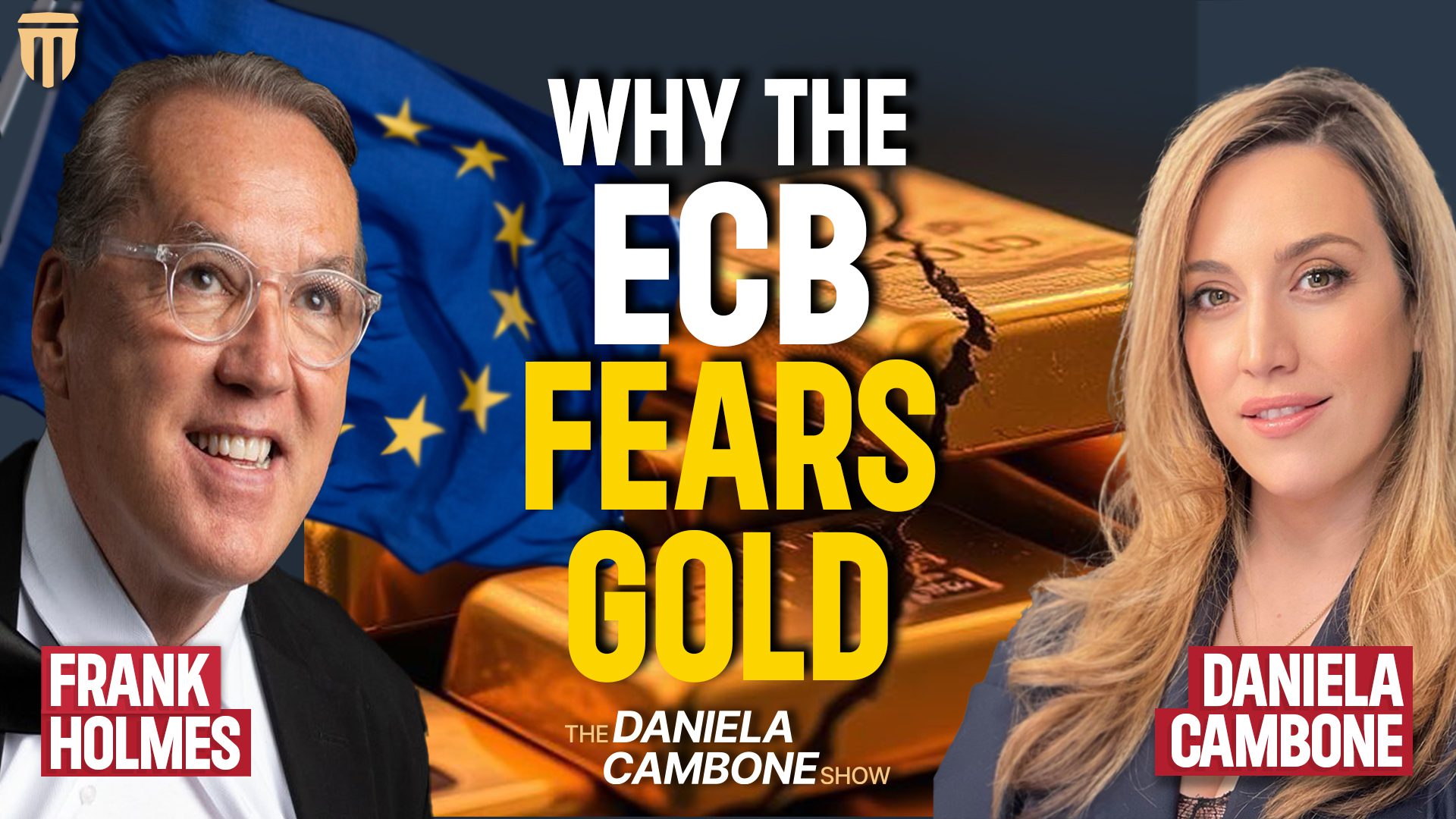Brazil Slams U.S. Monetary Policy

 The Monetary Policy of the U.S. became the subject of critical conversation in a meeting at the White House between President Obama and Brazil’s president Dilima Rousseff, who described the policy as “expansionary.†The Brazilian president went on to say, “Such expansionist monetary policies, in and of themselves, in isolation regarding the fiscal policies, ultimately lead to a depreciation in the value of the currencies of emerging countries,†and result in “impairing growth outlooks in emerging countriesâ€.
The Monetary Policy of the U.S. became the subject of critical conversation in a meeting at the White House between President Obama and Brazil’s president Dilima Rousseff, who described the policy as “expansionary.†The Brazilian president went on to say, “Such expansionist monetary policies, in and of themselves, in isolation regarding the fiscal policies, ultimately lead to a depreciation in the value of the currencies of emerging countries,†and result in “impairing growth outlooks in emerging countriesâ€.
The Brazilian president is not alone in her concern regarding the U.S. monetary policy as many in the United States worry about the sustainability and the unintended consequences of such a policy. The Chairman of the Federal Reserve, Ben Bernanke, has warned on numerous occasions of the dangers of the U.S. situation and that the U.S. government debt relative to GDP (Gross Domestic Product) is “clearly unsustainableâ€.
Mr. Bernanke stated to members of the U.S. House Budget Committee, “To achieve economic and financial stability, U.S. fiscal policy must be placed on a sustainable path that ensures that debt relative to national income is at least stable or, preferably, declining over time.â€
The Fed chief also made reference to possible risks to the global economy from the economic troubles in Europe and the ongoing Euro-one debt crisis. “Risks remain that developments in Europe or elsewhere may unfold unfavorably and could worsen economic prospects here at home,†said Bernanke.
Previously, Brazil’s Rousseff had condemned Europe as well as the U.S. for their run-away monetary policies that have produced a “monetary tsunami†for emerging markets. Also, in comments to Brazilian reporters, Rousseff said that as policy makers in emerging nations try to reduce spending and budget deficits they have grown too dependent on near-zero interest rates to encourage growth. This hurts Brazil by moving up the value of its currency and lowering exports.
Brazil and the U.S. are the two biggest economies in the western hemisphere, and in her meeting with Obama Rousseff expressed concern over Brazil’s trade balance with the U.S., which went from a $6.4 billion surplus in 2007 to an $8.2 billion deficit last year as the Brazillian currency rallied while growth in Brazil prompted an appetite for imports.
Brazil is the only one of the BRICS (Brazil, Russia, India, China and South Africa) group of major emerging countries that has a trade deficit with the world’s biggest economy, and the South American nation produces the seventh- largest bilateral trade surplus for the U.S., Rousseff said on the U.S. monetary policy.














